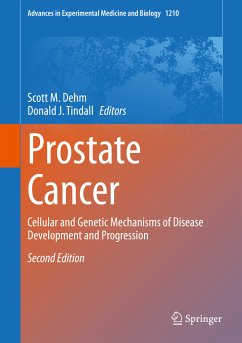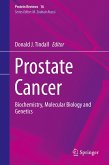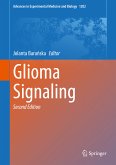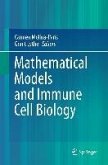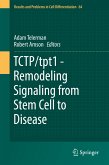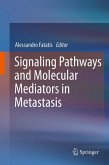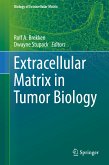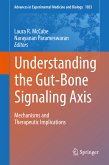Chapters explore in depth the cells of origin for prostate cancer, its genomic subtypes, neural transcription factors in disease progression, epigenetic regulation of chromatin, and many other topics. This book distinguishes itself from other texts on prostate cancer by its focus on cellular and genetic mechanisms, as opposed to clinical diagnosis and management. As a result, this book will be of broad interest to basic and translational scientists with familiarity of these topics, as well as to trainees at earlier stages of their research careers.
Dieser Download kann aus rechtlichen Gründen nur mit Rechnungsadresse in A, B, BG, CY, CZ, D, DK, EW, E, FIN, F, GR, HR, H, IRL, I, LT, L, LR, M, NL, PL, P, R, S, SLO, SK ausgeliefert werden.

